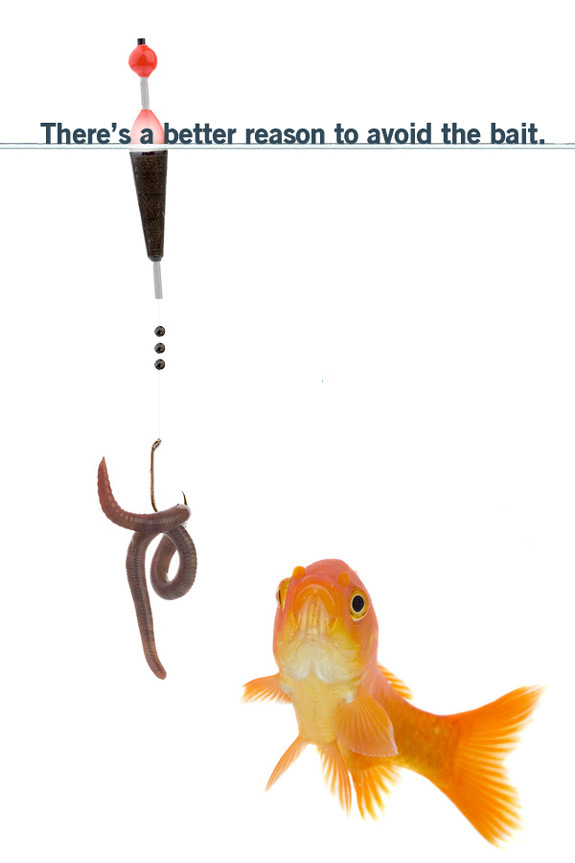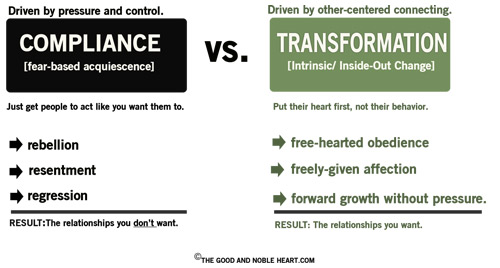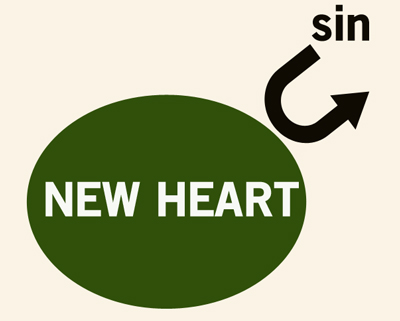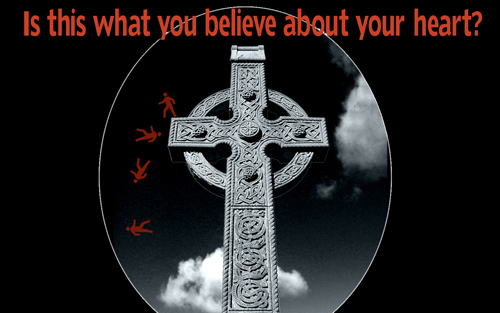You are not at war with yourself.
 Wednesday, September 5, 2012 at 11:27AM
Wednesday, September 5, 2012 at 11:27AM You are not at war with yourself.
The Bible does not teach that the Christian has two natures battling it out, one evil and one good. You do not have both a sinful self and a good self; nor a wicked heart alongside a good heart.
Most Christians have been taught that our war within is a civil war, that you fight against yourself. - Bill Gillham
The old man, or ruined heart, or “sinful nature” is literally gone: “I will remove your heart of stone…” [Ezek. 36:26] In its place, your new Christ-given heart has a natural tendency to love God and to love others. Your new-hearted nature is prone to kindness, forgiveness, and trust.
You've been given the heart you've always wanted.
The source of sin no longer lies in the self:
We know that we can still sin, so what causes you to sin if your “old man” or sin-heart is gone? Scripture teaches that sin [the noun] is a personified force that lives in your body - like an infection, “Personified” means it acts like a person or intelligence with a will of its own, with a cunning ability to deceive and accuse: "You're an angry and violent man." Or, "You never trust God." Or, "Your heart can't be noble - look at the evidence."
The infection isn’t you.
When sick with the flu, you would say, “I have the flu,” not “I am the flu.” The symptoms you're experiencing come from the presence of the flu virus. Likewise, you are at war with an invading contaminant called "sin," not with yourself. Similarly, if you were bitten by a Brown Recluse spider, you wouldn't assume that the venum now in your body was coming from you - You would know that it came from the spider's bite.
Fortunately, the healing anti-venum resides in your new heart. The good news is, your good and noble heart is your ally in the fight, not your enemy.







































